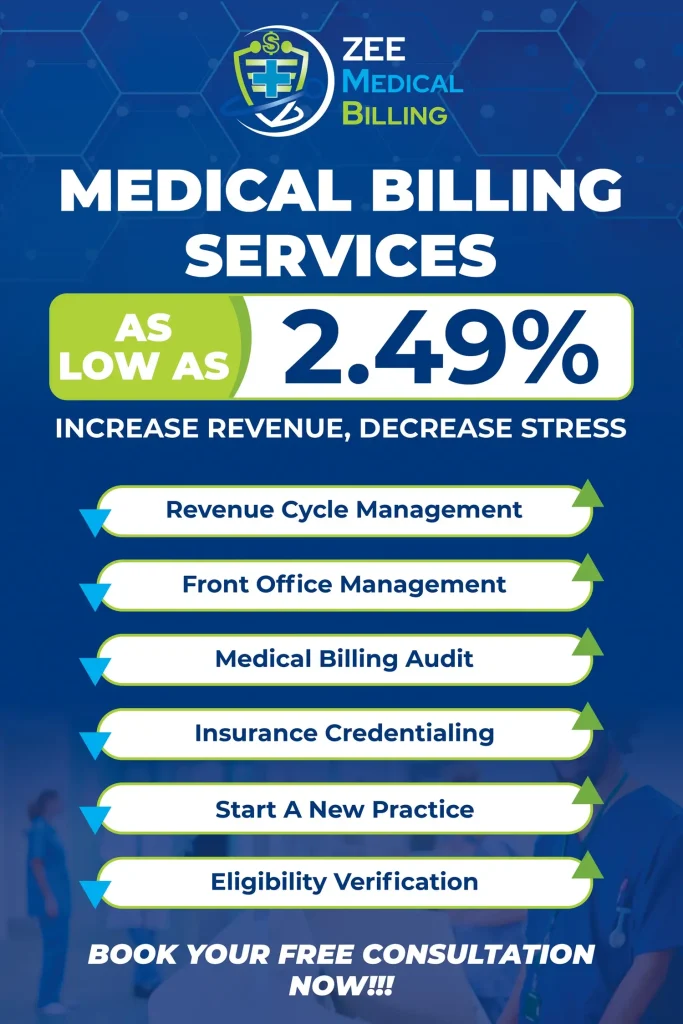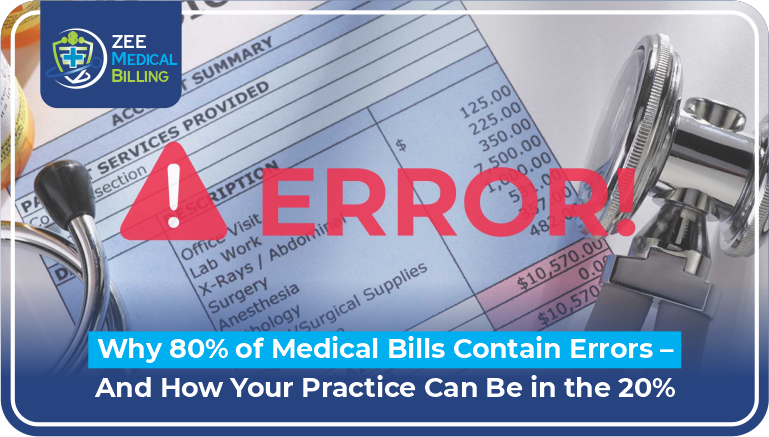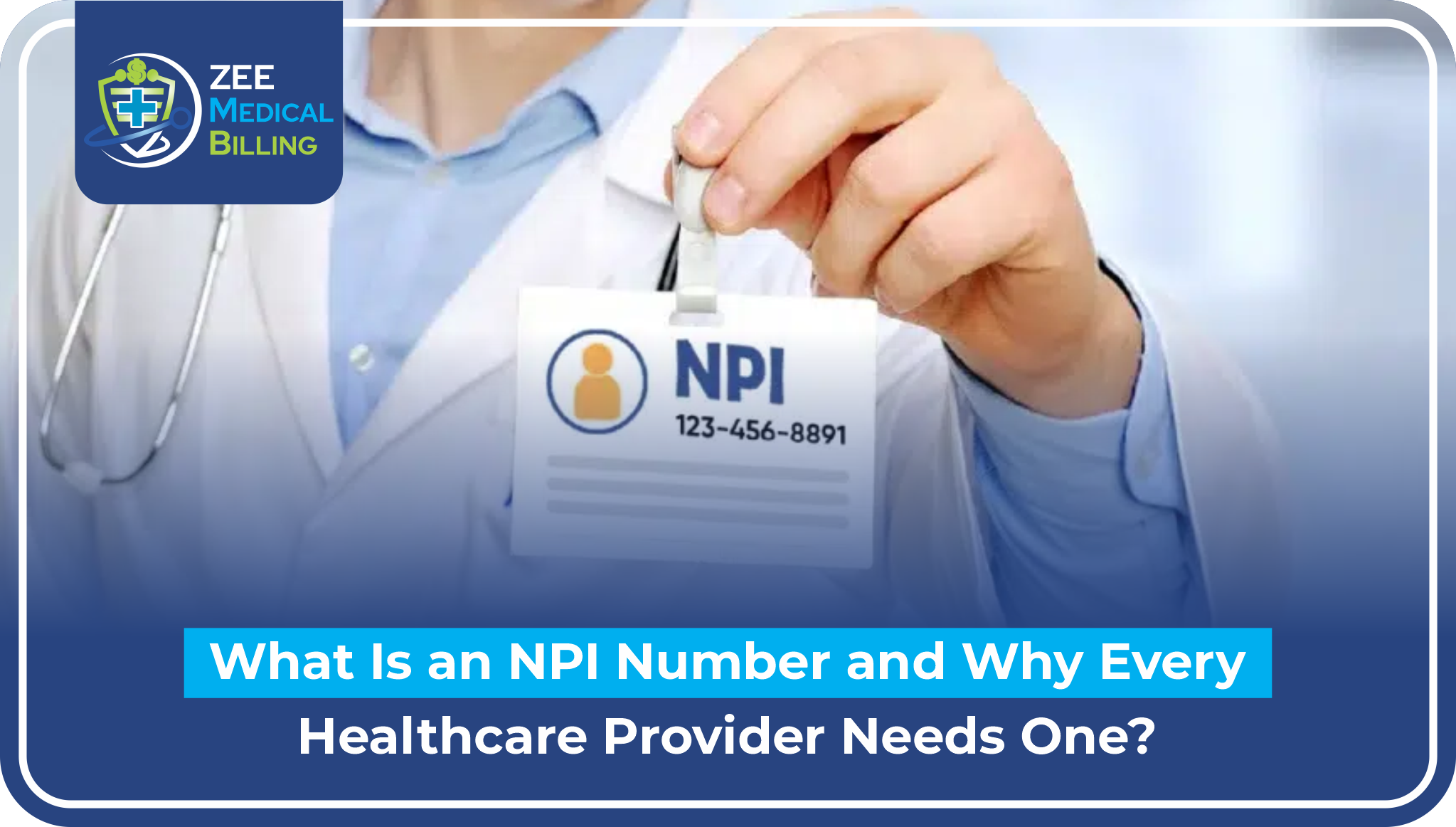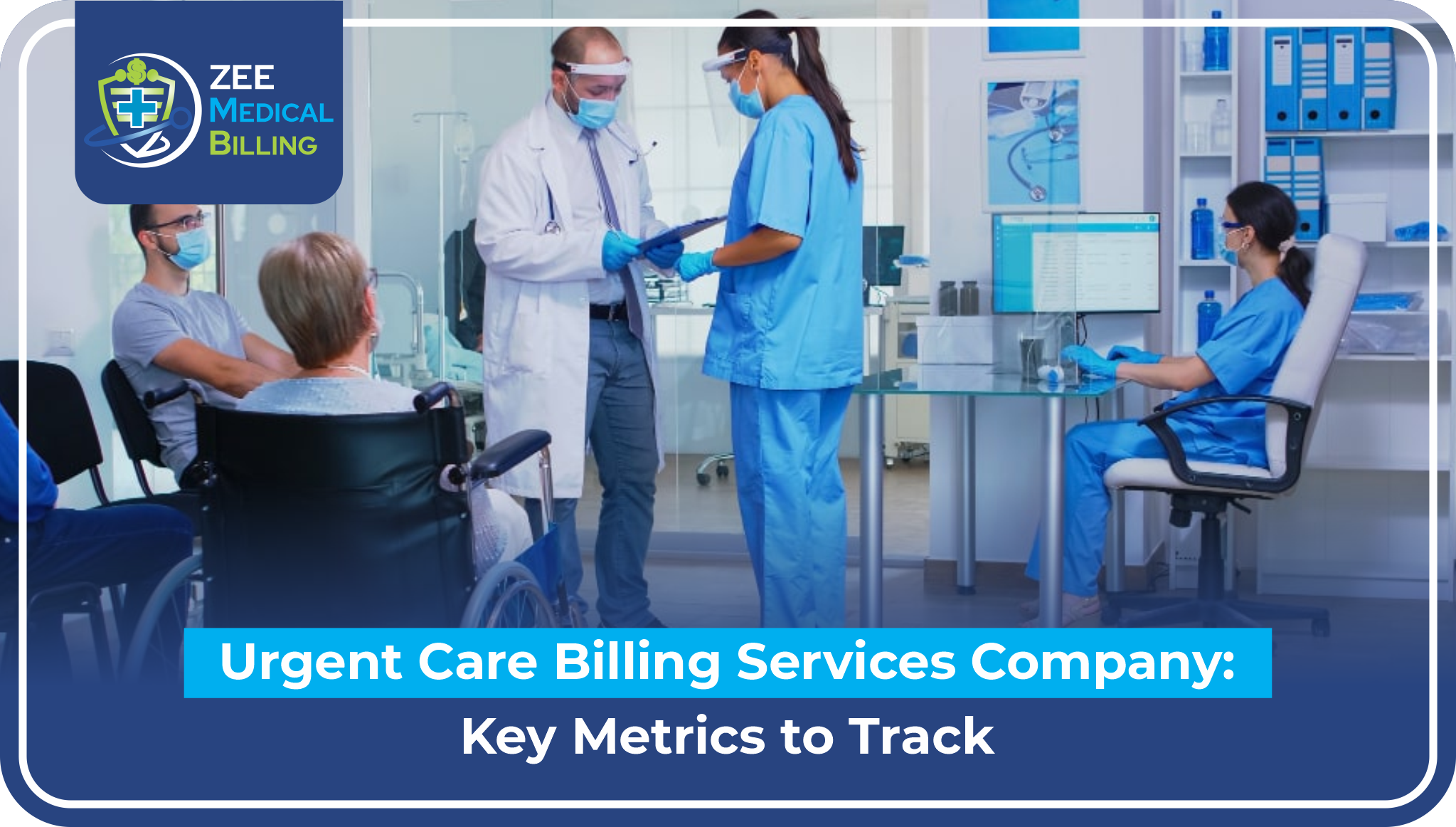Medical billing for complex procedures in Illinois hospitals requires an in-depth understanding of insurance regulations, coding practices, and state-explicit guidelines to ensure accurate claim processing and maximize reimbursement. Here is a detailed look at key components engaged with expert medical billing for complex methods in Illinois hospitals:
Understanding CPT, ICD-10, and HCPCS Coding
- CPT (Current Procedural Terminology): Complex systems frequently include different CPT codes, expecting billers to catch all parts of a strategy precisely, including primary, secondary, and add-on codes. Proper bundling and unbundling of codes are important to avoid denials.
- ICD-10 (International Classification of Diseases, Tenth Edition): Precise ICD-10 diagnosis codes are basic for supporting medical needs, particularly for complex cases. Illinois hospitals must ensure documentation supports the picked codes, which straightforwardly influence reimbursement.
- HCPCS (Healthcare Common Procedure Coding System): This coding system is used essentially for services, hardware, and supplies not covered by CPT codes, frequently important for high-cost equipment or medications used in complex therapies.
Insurance pre-authorization and verification
- Pre-authorization is urgent, particularly for methodologies that are costly and include numerous trained professional services. In Illinois, most insurers require prior approval for medical procedures, imaging, and other significant expense mediations, which require definite documentation.
- Insurance verification is a continuous process. Billers need to affirm coverage, copayments, and deductible status to keep away from uncollectible records.
Illinois-Specific Payer Rules and Reimbursement Rates
- Illinois has explicit reimbursement guidelines under the Illinois Medicaid program and other state regulations that influence payment rates. Hospitals should know about state regulations administering payment timetables, appeal rights, and Medicaid reimbursement rules.
- Moreover, government health care and confidential payers might have separate installment plans for complex cases, expecting billers to know all about every payer’s fee structure.
Charge capture and revenue cycle management
- For complex procedures, charge capture is basic to guarantee each service, material, and resource used is billed precisely. Illinois clinics should use automated systems to help track and capture charges connected with every part of care.
- Revenue Cycle Management (RCM) in Illinois hospitals includes careful oversight of case handling, payment posting, denial management, and requests. Complex cases frequently face high denial rates, so an effective RCM system is imperative to reduce delays and increment collections.
Claims Submission and Compliance with Regulatory Guidelines
- Claims for complex methodology require strict adherence to government and state guidelines, including HIPAA, CMS rules, and Illinois Department of Public Health prerequisites.
- Billers should submit clean claims on the first pass, as complex claims with various codes are bound to be denied if documentation is missing code exactness.
Denial Management and Appeals for High-Cost Claims
- Denials are normal for complex cases, frequently because of insufficient documentation, coding mistakes, or absence of clinical need. Master billers in Illinois hospitals need robust denial management and appeals process to challenge denials.
- In Illinois, hospitals might pursue denials through specific advances framed by protection suppliers or the Illinois Division of Insurance, particularly for Medicaid and other state-supported claims.
Auditing and Compliance Checks
- Customary reviews help ensure compliance with both government and Illinois-specific guidelines, limiting errors that lead to claim rejections or potential legal issues.
- Complex procedure Billing in Illinois frequently includes outer reviews by private payers. Keeping up with detailed, precise records and sticking to billing best practices for these reviews.
Patient billing and financial counseling
- For significant cost complexes, monetary advice is often important to assist patients with grasping their financial responsibility and available installment choices. This incorporates working out personal expenses, setting up installment designs, and giving financial help when pertinent.
- Billing staff in Illinois hospitals need to follow state-mandated disclosure regulations and advise patients regarding likely expenses and resources available for installment help.
EHR and Advance Billing Technology Integration
- Using electronic health record (EHR) systems incorporated with billing software can improve precision, smooth out charge capture, and work with consistent communication among clinical and billing groups. In Illinois, medical clinics are urged to make such advancements to further develop billing efficiency and decrease errors in complex case claims.
Professional Development and Training
- Nonstop training on coding updates, payer requirements, and state guidelines is essential for billers handling complex cases. Hospitals in Illinois frequently put resources into specific preparation for staff in fields like oncology, cardiology, and orthopedics, where procedures will quite often be more complex.
Pick Zee Medical Billing
Zee Medical Billing represents considerable authority in expert billing answers for complex strategies in Illinois hospitals, assisting medical care suppliers with enhancing the revenue cycle management and augmenting repayment. They handle intricate CPT, ICD-10, and HCPCS coding, guaranteeing exactness and consistency with Illinois and federal regulations.
Zee Medical Billing offers start-to-finish support, from pre-approval and charge capture to claims submission and denial management, smoothing out the billing system for complex cases. With an emphasis on lessening refusals, engaging high-cost claim rejections, and giving definite reviews, Zee Medical Billing assists hospitals with productively overseeing complex billing while at the same time complying with payer and state-specific rules.
Summary
Expert billing for complex methods in Illinois hospitals is a diverse interaction that requires specific information in coding, payer strategies, consistency, and revenue cycle management. An organized approach to pre-approval, exact coding, intensive documentation, and rigorous follow-up on claims guarantees smoother processes, fewer denials, and upgraded reimbursement for hospitals.


























